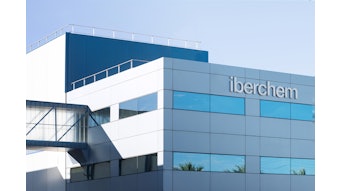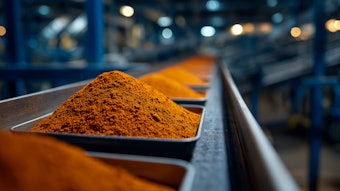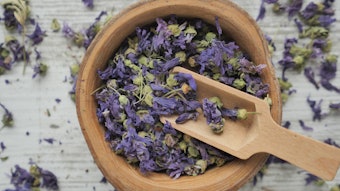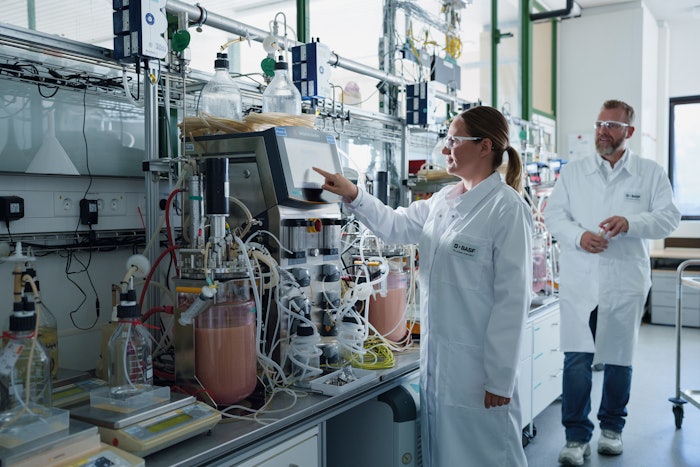
This year marks Isobionics’ 15-year anniversary since its debut in 2008. Since its inception, Isobionics has been committed to crafting innovative biotech-based aroma ingredients for applications across flavor and fragrance. In 2019, Isobionics was acquired by BASF, strengthening the company's natural F&F ingredient portfolio.
As the F&F industry continues to experience a growing need for natural ingredients, biotech-based aroma ingredients can offer affordable and available solutions. Wanting an insider’s look at the biotechnology market, Perfumer & Flavorist+ (P&F+) connected with key players on the BASF team as well as Isobionics CEO Toine Janssen to discuss the company’s growth, its role within BASF and upcoming initiatives.
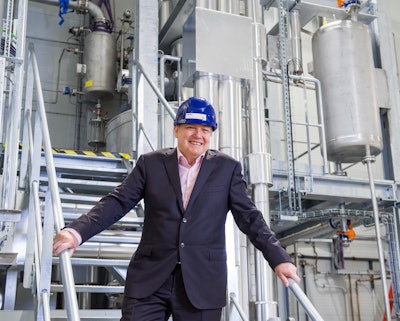 Toine Janssen, CEO, Isobionics
Toine Janssen, CEO, Isobionics
Toine Janssen [TJ]: Isobionics was founded in 2008. Since then, a lot has happened. More than 10 years ago we introduced, as the first company in the world, fermentation-based natural valencene in the market and developed the first fermentation-based natural nootkatone. In 2020 we partnered with BASF for our first fragrance ingredient, santalol, which was, and continues to be, very well perceived in the Indian market. We also opened a new distillation plant in 2021. Due to the continuing growth, we are able to open an extension of the plant in 2023. These are huge steps from a start-up to what we are today. I am very proud of our innovations since the beginning because they are high quality, always available and have a constant organoleptic profile.
I have experience in innovation as a serial entrepreneur—I founded several innovative companies and brought the first digital television to the market. A colleague introduced me to the Brightlands campus in Geleen, the Netherlands, where they asked me to start an innovative company to produce isoprenoids. Seeing the potential for the technology, Isobionics was founded with a focus on the production of flavors. During this time, we expanded our business and launched several new citrus flavor ingredients. In total, we are proud to have developed the portfolio to more than 15 products. In the same way, our team has grown from a small one-person team to 30 colleagues, now strongly integrated into the BASF biotech team and Aroma Business unit.
To discover the entire article, visit the March 2023 Perfumer & Flavorist+ issue.
Disclaimer:
The above paid-for content was produced by and posted on behalf of the Sponsor. Content provided is generated solely by the Sponsor or its affiliates, and it is the Sponsor’s responsibility for the accuracy, completeness and validity of all information included. Perfumer & Flavorist takes steps to ensure that you will not confuse sponsored content with content produced by Perfumer & Flavorist and governed by its editorial policy.
